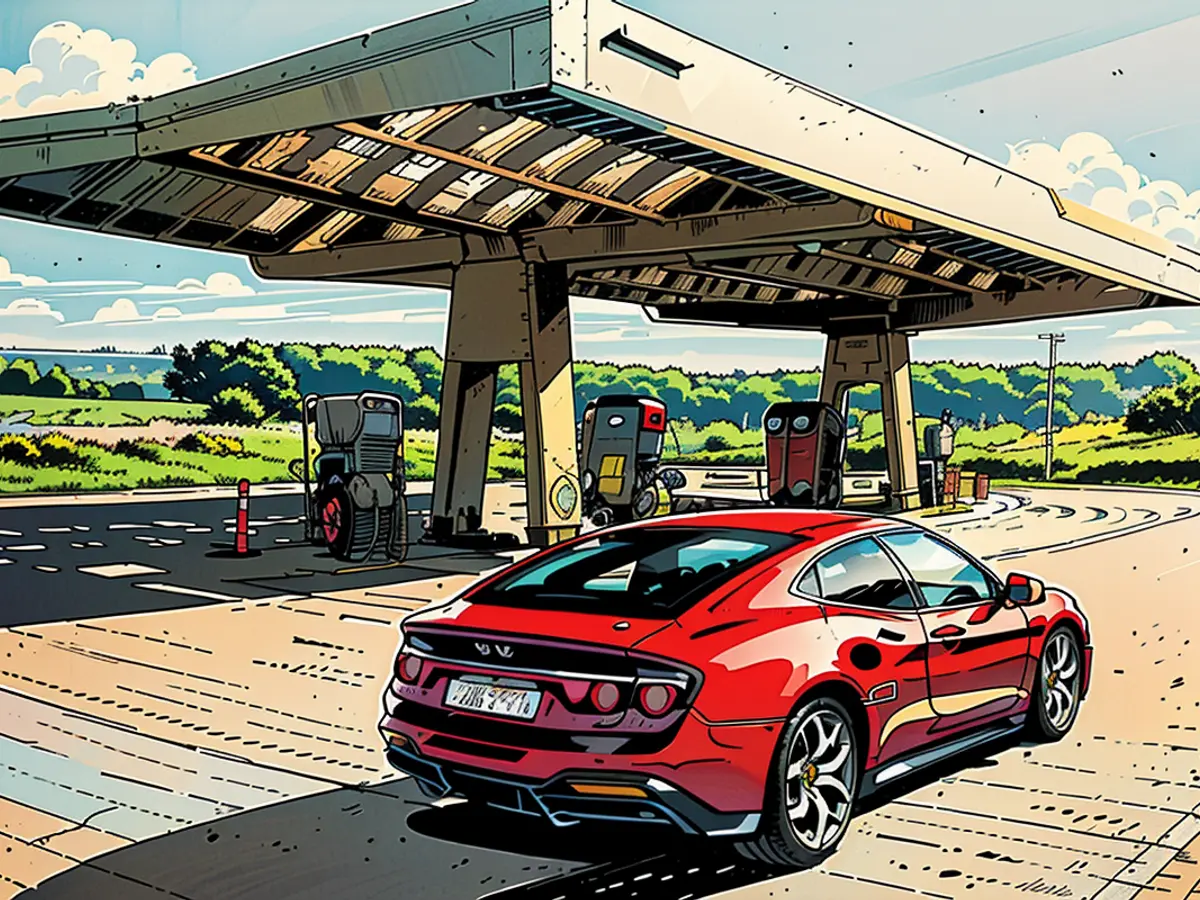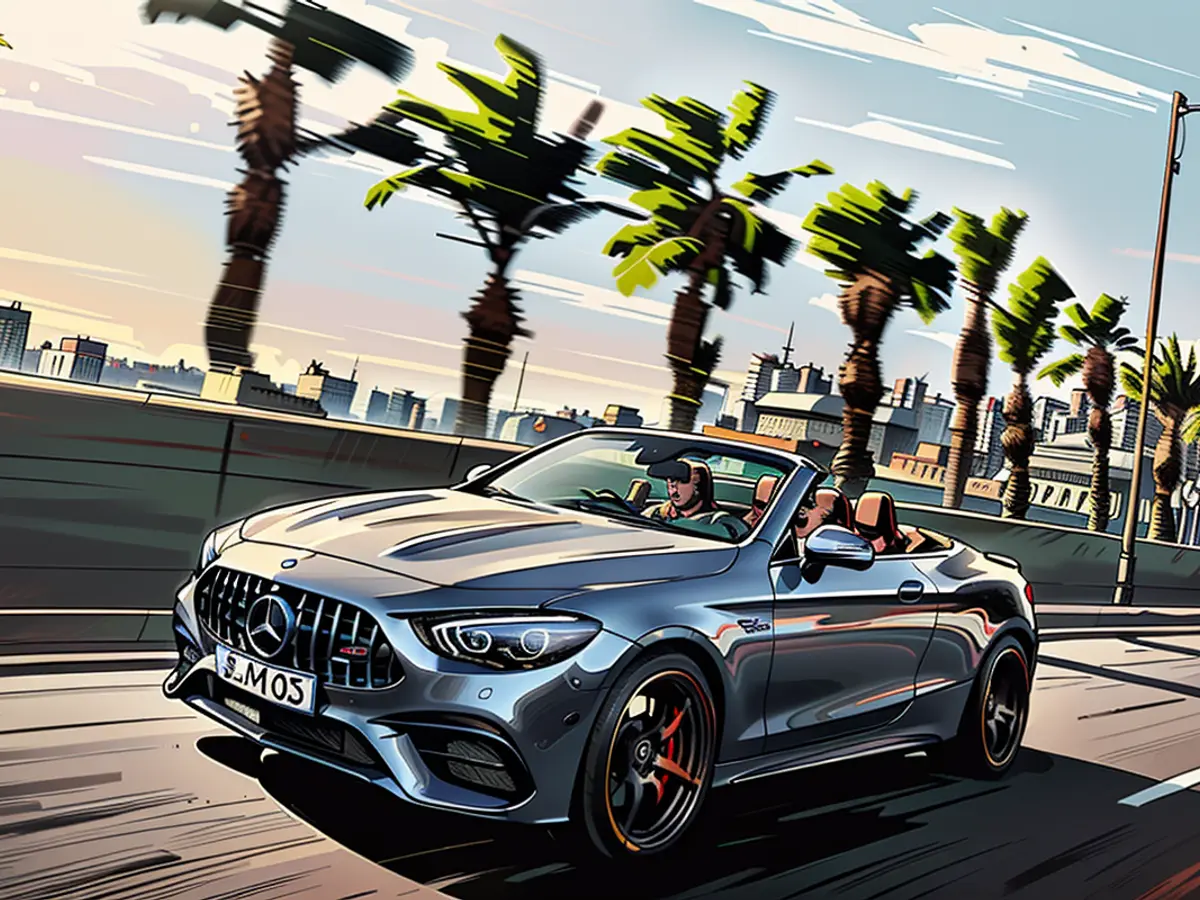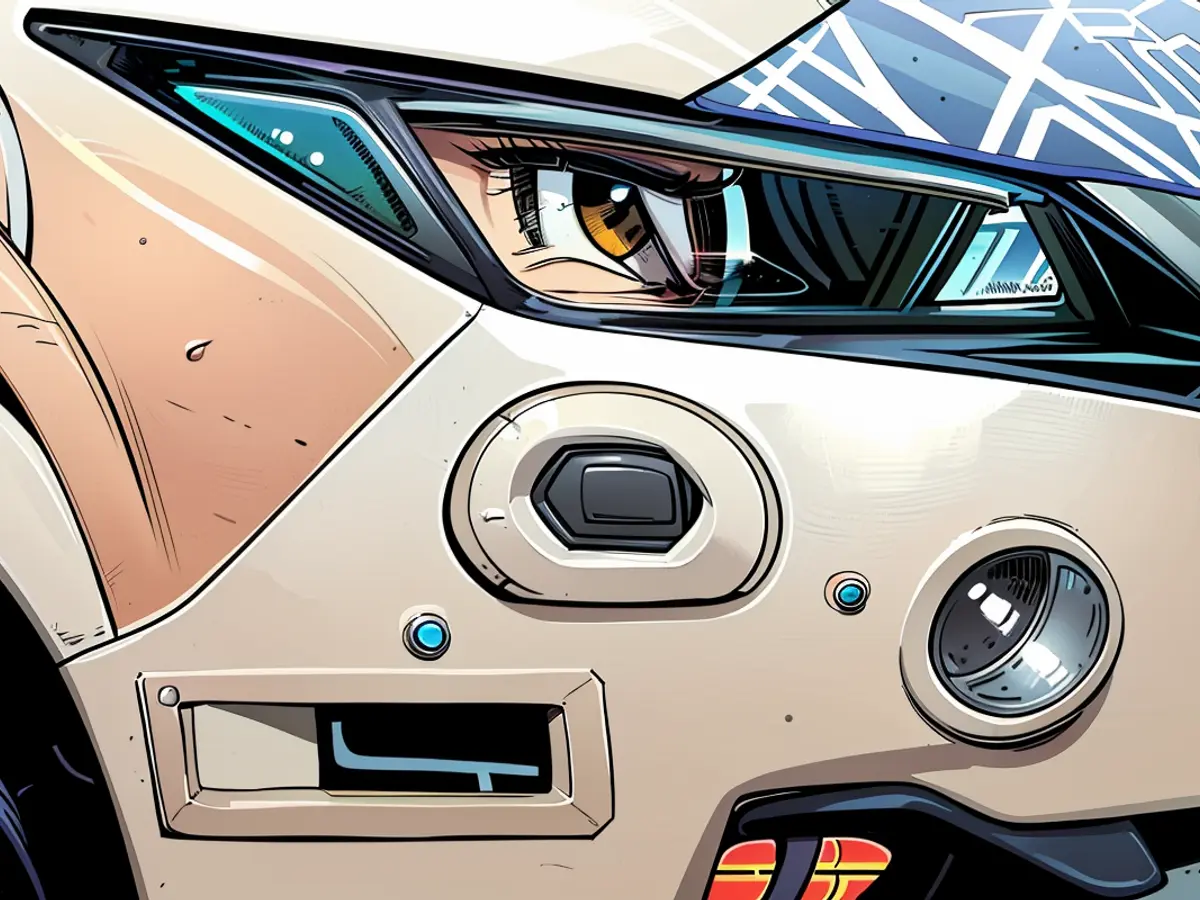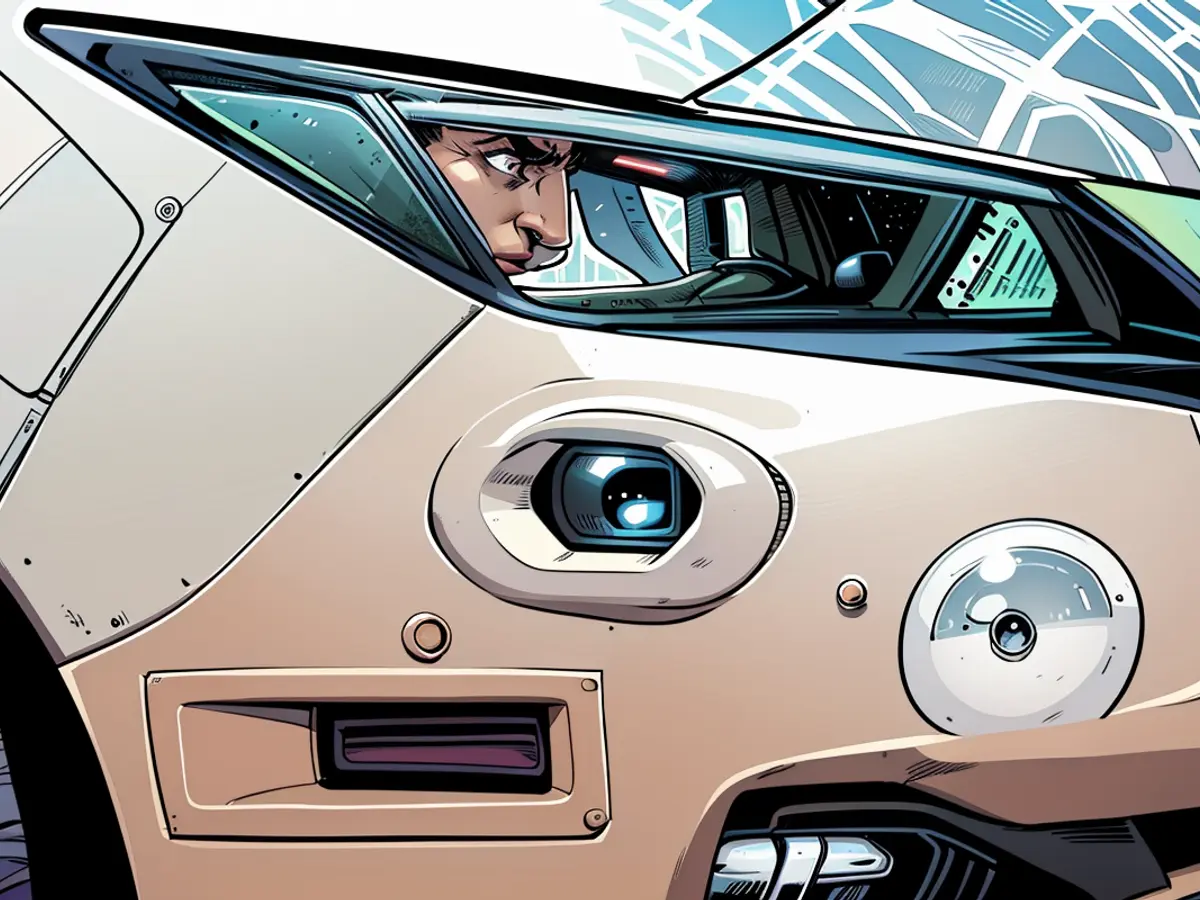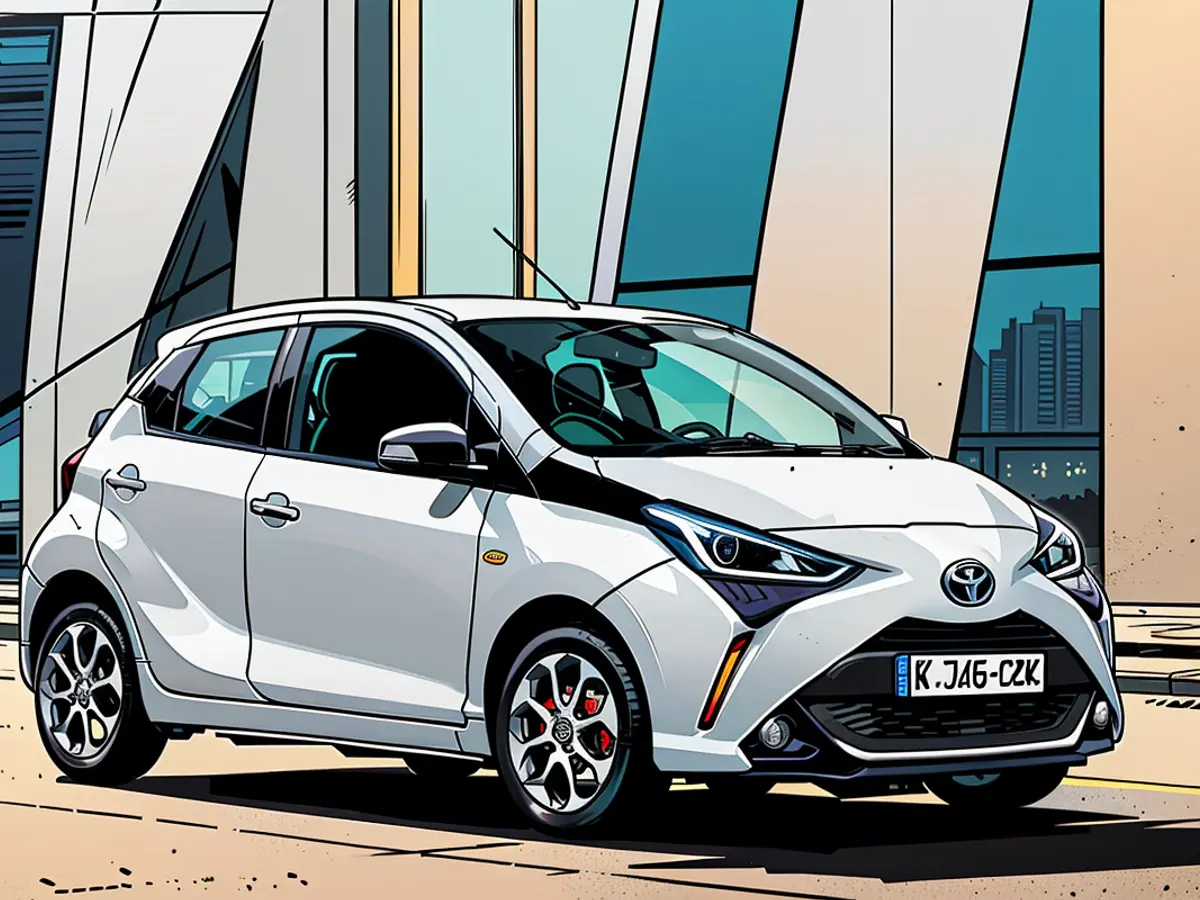Lotus Emeya: Progressing from 10% to 80% in just 14 minutes
Lotus, a Geely subsidiary, aims to overthrow Porsche, Hyundai, and Kia as the leaders in fast charging with the assistance of a more sophisticated battery architecture. These brands have previously gained notoriety for their 800-volt onboard networks, which allowed for speedy charging.
One critical aspect when buying an electric vehicle is how quickly it can be recharged. The quicker the charging session, the sooner you can hit the road again. Porsche recently improved its Taycan, and it now delivers 320 kW at its peak - fast enough to go from 10% to 80% in 18 minutes. Unfortunately, this impressive record has already been surpassed by a competitor within the Lotus family.
The latest Lotus car named Emeya is faster than the most advanced version of the Porsche Taycan. It can charge its 102-kWh battery from 10% to 80% in 14 minutes if connected to one of the scarce 400-kW fast-charging stations with 600 amperes. When set at optimal conditions, the average charging power hovers around 330 kW. This means the Emeya can collect energy for a range of 310 kilometers in just 10 minutes.
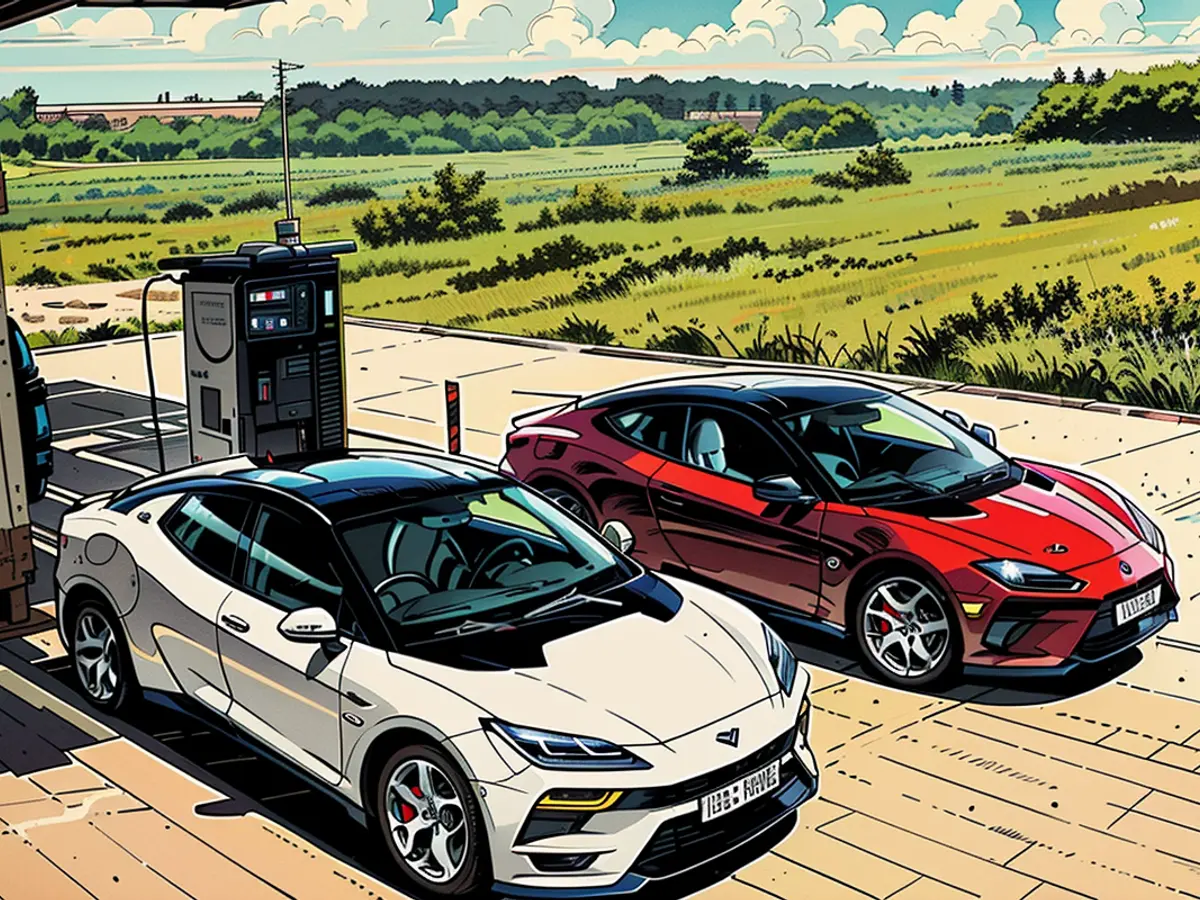
To achieve these staggering charging speeds, Lotus relies on a more complex battery architecture with an 800-volt system. This design packs in 20% more cells per square inch than typical module layouts. Modern cooling systems are also part of this technique, improving battery heat dissipation and efficiency. This technology not only slashes charging durations but also offers other benefits. Thinner insulation and lower-gauge cables save space and weight.
Racing toward charging stations requires the use of 800-volt charging columns, often referred to as ultra-fast chargers or high-power charging (HPC). While updated charging stations featuring 350-kW chargers abound, the full capabilities of the Lotus' technology are only realized when the operators enhance charging power up to 400 kW. As of now, the first columns from companies like EnBW and Fastned are becoming available.
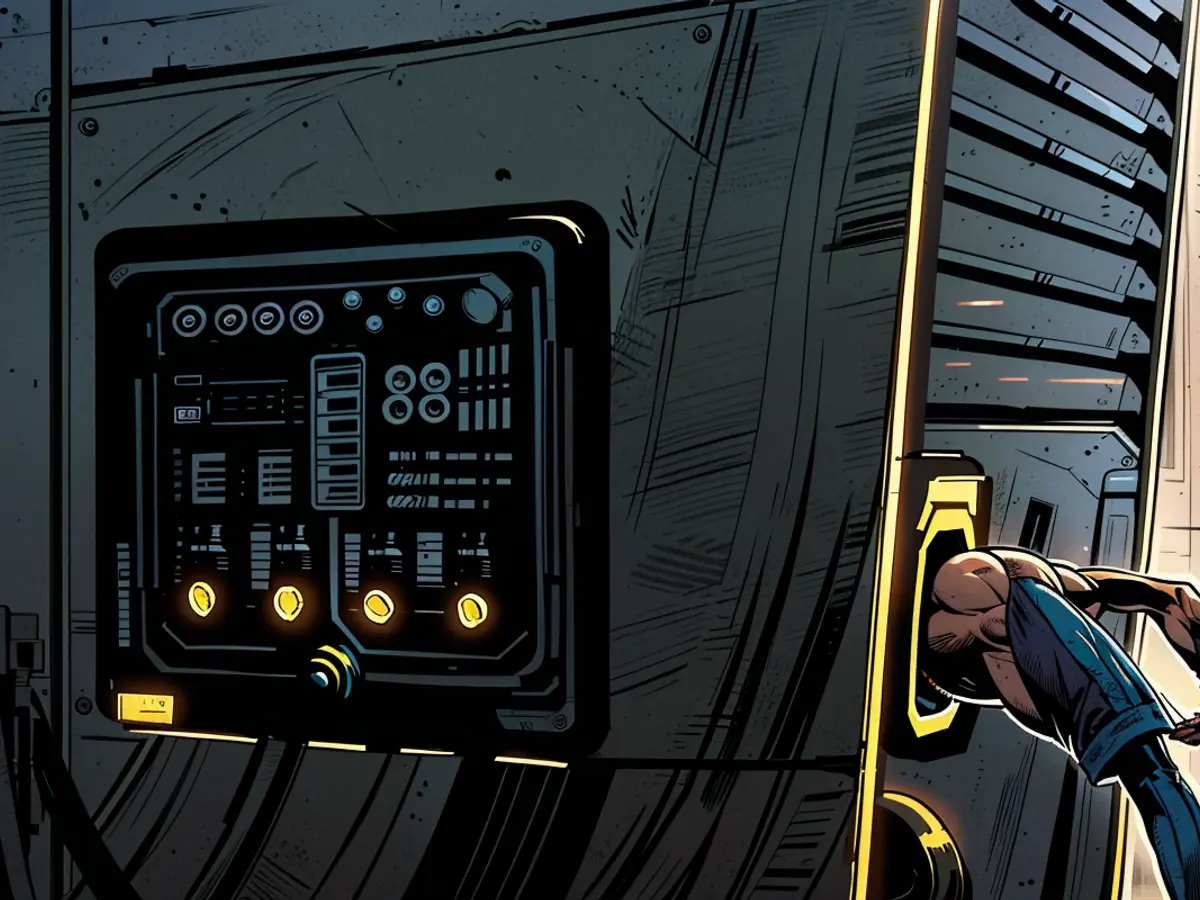
To date, 800-volt technology has primarily been reserved for premium vehicles. The Lotus Emeya retails for at least €106,000, whereas the Porsche Taycan starts at €101,500. However, Kia and Hyundai show that high-speed charging isn't exclusive to the elite car segment. The EV3 and Ioniq 5 are examples of more budget-friendly models that also enjoy short charging times.
Over time, more manufacturers are incorporating more powerful 800-volt onboard networks in their electric vehicles. As a result, future drivers on long road trips will be less likely to endure tedious and aggravating charging pauses.
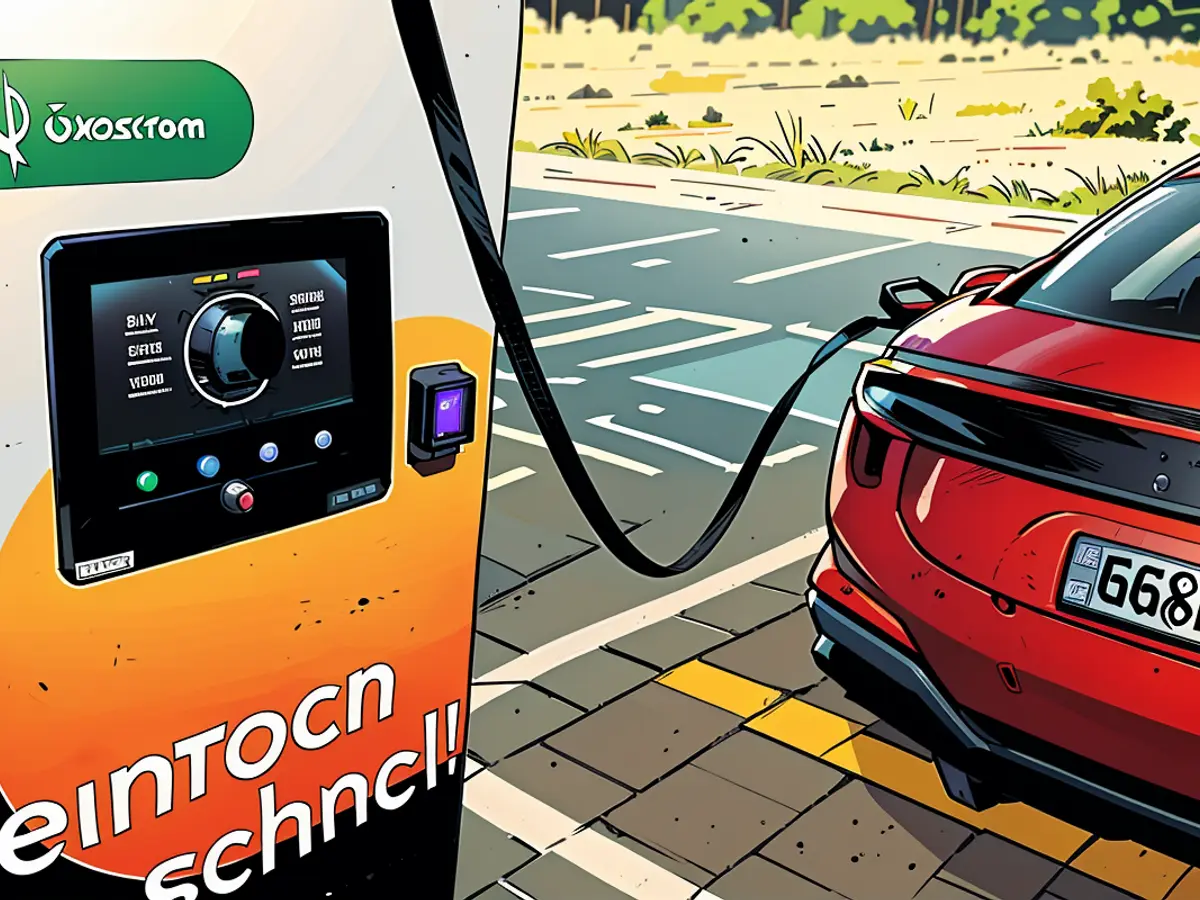
Read also:
The Geely-owned automobile brand, Lotus, aims to challenge Porsche, Hyundai, and Kia's leadership in fast charging with its advanced battery architecture. To achieve faster charging times, Lotus utilizes a more complex 800-volt system, which is also being adopted by other manufacturers for their electric vehicles. Charging stations for e-cars with higher power, such as the ones from EnBW and Fastned, are essential for realizing the full capabilities of this technology in vehicles like the Lotus Emeya.
